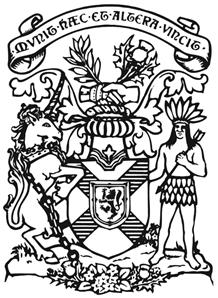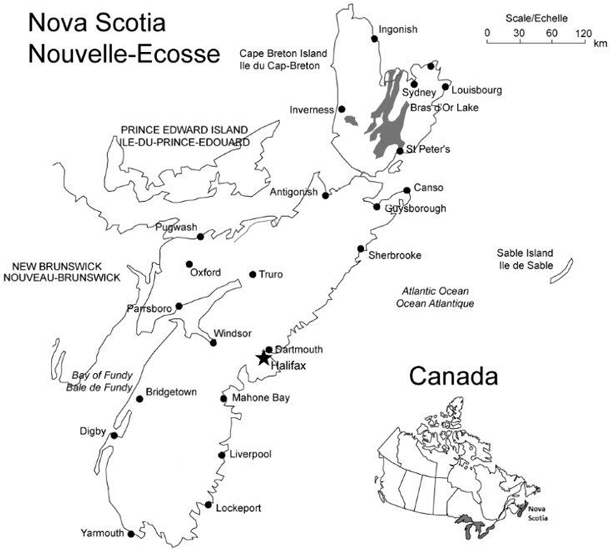| (2) | Restated to reflect Accounting Changes during 2022-2023. See “Government Finance – Accounting Changes to the 2022 Accounts” |
| (3) | Restated to reflect Accounting Changes during 2023-2024. See “Government Finance – Accounting Changes to the 2023 Accounts” |
| (4) | Includes retroactive wage payments due to subsequent wage negotiations, provides for the current and prior year’s costs expended on corporate initiatives – costs that are not incurred at the discretion of a department, and would not normally be part of a department’s operations and/or may not be directly attributable to any one department. |
| (5) | Upon adoption of PS 3450, Financial Instruments, on April 1, 2022, interest revenue on repurchased own debt instruments is netted with the debt servicing costs on the related own debt instruments. 2022 amounts have been reclassified to reflect this change. |
Departmental expenses, consisting of program expenses, interest on public debt, restructuring costs and pension valuation adjustment of the General Revenue Fund were $15,693.0 million for fiscal year 2023-24 and were estimated in the February 29, 2024, Budget to be $16,518.9 million for fiscal year 2024-25.
Health, Education, and Community Services
Health and Wellness (including Seniors and Long Term Care) and Education and Early Childhood Development (including Advanced Education, primarily assistance to universities) are the two largest areas of expense from the General Revenue Fund. These amounts totaled $6,585.1 million and $2,627.6 million, respectively, for the fiscal year ended March 31, 2024, and were estimated in the February 29, 2024, Budget to be $6,899.6 million and $2,724.7 million, respectively, for the fiscal year 2024-25.
In the field of health care, the Province administers a universal and comprehensive medical services and hospital care plan, a dental care program for residents less than 10 years of age and provides pharmaceutical services for residents 65 years of age and over and Nova Scotians with no other health coverage. In the field of education, the Province makes grants to school boards and community colleges and assists universities through operating grants.
Community Services include the provision of direct assistance to persons with disabilities and other disadvantaged individuals and families who require long-term assistance, residential care for persons with disabilities, short-term social assistance, and the provision of direct service to the public. Community Services expenses from the General Revenue Fund totaled $1,389.7 million for the fiscal year ending March 31, 2024, and are estimated to be $1,579.2 million for the fiscal year 2024-25.
Economic Development
The Department of Economic Development provides strategic direction and leadership to all Nova Scotia government departments, crown corporations and agencies to achieve alignment on strategy and operations for business and social enterprise growth. Expenses from the General Revenue Fund under the Department of Economic Development totaled $118.4 million in the fiscal year ending March 31, 2024, and were estimated in the Budget Estimates to decrease to $96.8 million in fiscal year 2024-25.
Environment and Climate Change
The Department of Environment & Climate Change expenses in the fiscal year ending March 31, 2024, were $51.7 million and are estimated to be $73.9 million in the fiscal year 2024-25.
Resource and Industrial Development
The Province is engaged in a wide range of resource and industrial development activities, including direct assistance grants, development and maintenance of natural resources, and consulting services to industry (the Departments of Agriculture, Fisheries & Aquaculture, Natural Resources & Renewables). Expenses from the General Revenue Fund in these areas totaled $263.9 million for the fiscal year ending March 31, 2024 and are estimated to be $204.2 million in fiscal year 2024-25.
Service Nova Scotia, and Cyber Security and Digital Solutions
The Department of Service Nova Scotia helps citizens, businesses and municipalities access a variety of government programs and services. They also provide common services and support (like technology services) to government departments and public sector organizations.
The Department of Cyber Security and Digital Solutions leads the digital transformation of government services and delivery of information, communication, cyber security and technology services for government and is a partner in health care delivery. Expenses from the General Revenue Fund in these areas totaled $479.7 million in the fiscal year ending March 31, 2024 and are estimated to be $457.7 million in fiscal year 2024-25.
36

